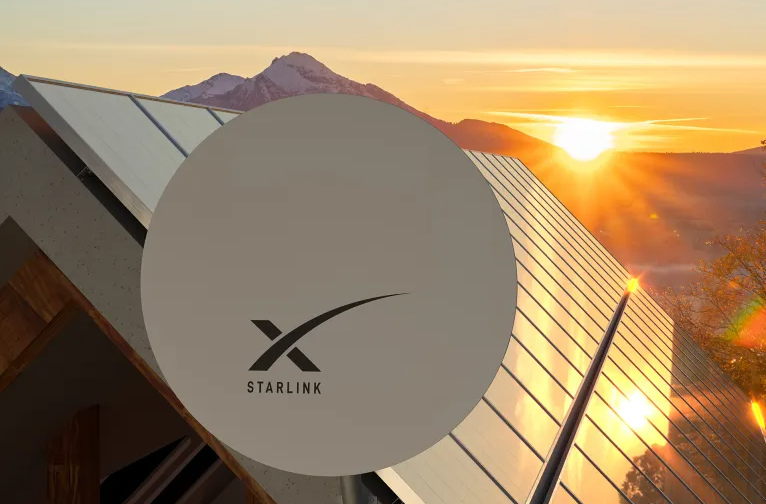
Despite SpaceX, the company owning the service, swiftly addressing the weaknesses in the system, this incident proved that more sophisticated attacks could target such services again in the future.
Kasmarik asserts that the vulnerability of satellite systems to cyberattacks is no longer a theoretical matter, but rather, incidents monitored by organizations like the European Union Agency for Cybersecurity and the Cyber Peace Institute shed light on the seriousness of these threats.
A study conducted by the European agency, for example, revealed a 300% increase in cyberattacks over the past five years, with a particular focus on disrupting critical communication systems in satellites, according to the German news agency.
Cybersecurity experts from the European Space Agency and NASA emphasize the importance of developing robust encryption systems to protect communication protocols in satellites. They stress that such measures are necessary to safeguard crucial data and prevent illegal satellite system breaches.
Previous incidents, such as the electronic hijacking of American military drones in 2009, demonstrate that even the most secure systems are not immune to these threats. Continuous efforts are necessary to update protection systems to mitigate the effects of cyberattacks.
Critics often point to the high cost and technical challenges associated with satellite security technologies. However, Kasmarik believes that regardless of the cost, securing satellites pales in comparison to the losses that may occur if a major cyberattack were to happen.
Kasmarik emphasizes that the issue is not only about financial losses but also about maintaining the continuity of vital services that affect millions of people’s lives. He states that current cybersecurity technologies offer cost-effective solutions that can easily integrate into satellite systems.
In this regard, the National Institute of Standards and Technology, under the U.S. Department of Commerce, recently unveiled a series of encryption algorithms as a cost-effective means to secure satellite communications against future quantitative cyberattacks.
Additionally, software company “Q Secure” collaborated with technology consulting firm “Accenture” to develop encryption software to better protect data transmission mechanisms and secure satellite broadcasting, according to Kasmarik.
Kasmarik concludes in his article by stressing the importance of policymakers, technology company leaders, and the general public prioritizing and enhancing investments directed towards satellite cybersecurity to protect the space economy, valued at $386 billion.
Leave a Reply